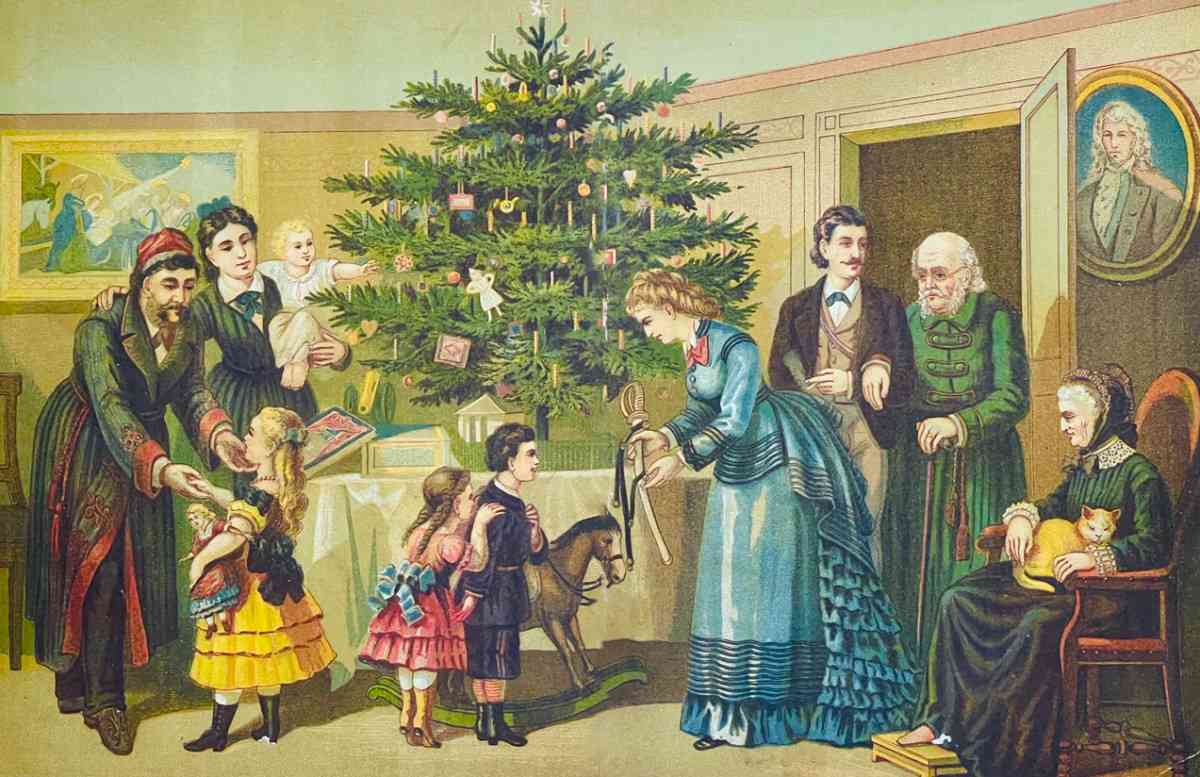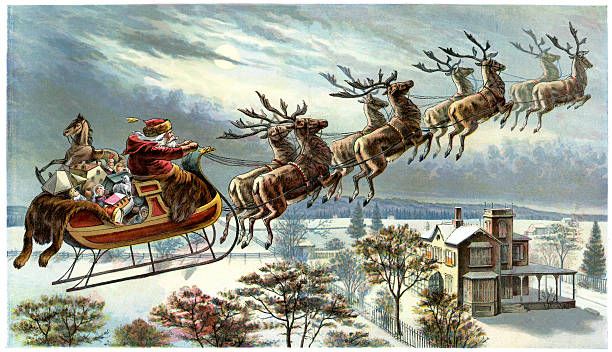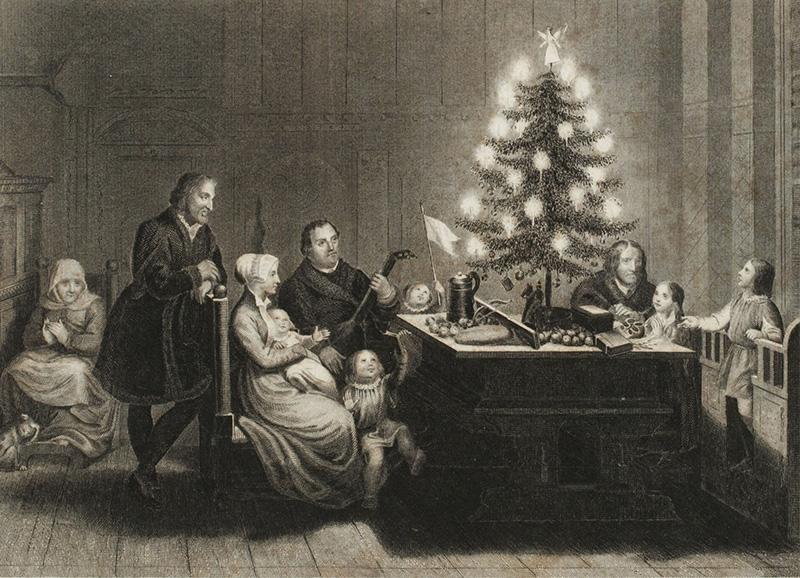
Christmas is a widely celebrated holiday that represents happiness, love, and togetherness across the globe. Observed annually on December 25th, Christmas commemorates the birth of Jesus Christ, making it a significant religious event for Christians. Over the centuries, the festival has transcended its religious roots, becoming a global celebration that reflects diverse cultures, traditions, and modern influences. This article “Christmas Celebration” delves deep into the rich history, unique global traditions, symbolism, and modern aspects of Christmas, exploring why it remains a beloved festival worldwide.
From sparkling decorations and festive feasts to acts of charity and spiritual reflections, Christmas encapsulates the essence of goodwill and togetherness.
Introduction to Christmas Celebration
Christmas goes beyond being just a date on the calendar; it’s a joyful celebration of hope, love, and the act of giving. Its origins lie in the Christian faith, honoring the nativity of Jesus Christ in Bethlehem. Over centuries, Christmas has evolved from a religious observance to a worldwide cultural event, incorporating vibrant traditions, festive decorations, and acts of kindness. Whether through the twinkling lights of a Christmas tree or the melodies of carol singing, the festival brings people together, fostering unity and goodwill across communities.
Historical Significance of Christmas

The roots of Christmas trace back to ancient Christian traditions, with the earliest celebrations dating to the 4th century. Christmas originally had roots in the Roman Saturnalia festival, a pagan celebration. When Christianity was adopted, December 25th was selected to commemorate the birth of Jesus Christ. This date was symbolically significant as it coincided with the winter solstice, representing light and hope returning to the world. Over time, Christmas became a cornerstone of Christian culture, celebrating the arrival of the Messiah.
The Origin of Christmas Traditions
The traditions of Christmas have evolved over centuries, blending elements from different cultures and eras. The iconic Christmas tree originated in Germany during the 16th century, while gift-giving harks back to the story of the Magi presenting gifts to baby Jesus. The custom of Santa Claus emerged from the legend of Saint Nicholas, a generous figure who inspired the modern spirit of giving. Together, these traditions create the magical atmosphere we associate with Christmas today.
Global Christmas Celebrations
Christmas is celebrated in unique ways across the world, reflecting the cultural diversity and creativity of different regions.

Christmas in Western Countries
Countries in the West, such as the United States, Canada, and the United Kingdom, celebrate Christmas with immense excitement and elaborate festivities. Families come together to exchange gifts, enjoy festive feasts, and decorate their homes with Christmas trees, lights, and ornaments. Christmas markets, parades, and concerts add to the festive spirit, while traditions such as hanging stockings and leaving cookies for Santa bring joy to children. Religious observances, including Midnight Mass and church services, remain central to the celebrations, preserving the festival’s spiritual essence.
Unique Traditions in Asia
In Asia, Christmas is observed by combining both local customs and global traditions. Japan, for instance, views Christmas as a time to spread happiness, with couples enjoying romantic dinners and families indulging in festive cakes. In the Philippines, the Christmas season starts as early as September, featuring elaborate lanterns called parols, Simbang Gabi (dawn masses), and Noche Buena (Christmas Eve feasts). India celebrates with decorated mango or banana trees, carol singing, and traditional treats like plum cake, showcasing the fusion of Christian and local customs.
Christmas in Non-Christian Countries
Non-Christian nations, Christmas is often celebrated as a secular or cultural holiday. In China, it is a tradition to gift apples wrapped in colorful paper on Christmas Eve, a gesture that symbolizes peace and good luck. In predominantly Muslim countries like Indonesia, urban areas feature Christmas decorations and community events, reflecting the festival’s global influence. Similarly, expatriates and locals in the Middle East participate in Christmas fairs, concerts, and gatherings, emphasizing the spirit of inclusivity.
Christmas in Multicultural Societies
Multicultural societies like Australia and South Africa incorporate diverse traditions into their Christmas celebrations. In Australia, where Christmas falls in the summer, families enjoy barbecues, beach outings, and outdoor festivities. South Africa blends Western customs with local music and cuisine, creating a unique festive experience. These multicultural adaptations highlight the universal appeal of Christmas and its ability to unite people from different backgrounds.
Symbolism and Traditions
The symbolism and traditions of Christmas enrich the festival, making it deeply meaningful and memorable.
Christmas Tree and Decorations

The Christmas tree, often adorned with lights, ornaments, and a star or angel, is a centerpiece of the holiday season. Originating in Germany, it symbolizes eternal life and hope. Decorations like wreaths, mistletoe, and stockings add to the festive ambiance, each carrying its own significance. For example, mistletoe is associated with love and friendship, while stockings are believed to bring gifts from Santa Claus.
Also Read: Top Web Development Technologies: Future-Proof Your Website
Santa Claus and the Spirit of Giving
Santa Claus, inspired by the story of Saint Nicholas, is a beloved symbol of Christmas. Known for his generosity and kindness, Santa embodies the spirit of giving and spreading joy. From children eagerly awaiting gifts to adults engaging in acts of charity, Santa Claus inspires people to embrace the essence of selflessness and compassion during the festive season.
Carol Singing and Festive Music
Music is an integral part of Christmas, evoking feelings of warmth and nostalgia. Classic carols such as “Silent Night” and “O Come, All Ye Faithful” honor the birth of Christ, while contemporary songs like “Jingle Bells” and “All I Want for Christmas Is You” bring a festive, light-hearted touch to the season. You” add a playful vibe to the celebrations. Carol singing, whether in churches, communities, or door-to-door, fosters unity and spreads the festive cheer.

Nativity Scenes and Religious Observances
Nativity scenes, depicting the birth of Jesus, are a central aspect of Christmas decor. These displays, featuring figures of Mary, Joseph, baby Jesus, and the Magi, remind believers of the humble origins of Christ’s birth. Religious observances such as attending church services, participating in prayers, and lighting candles further emphasize the spiritual significance of Christmas.
Food and Festive Feasts
Food brings families and communities together, making it a cornerstone of Christmas celebrations.
Traditional Christmas Dishes Around the World
Christmas feasts vary widely across cultures, showcasing the rich culinary diversity of the festival. In the United States and the UK, roast turkey or ham is a staple, accompanied by stuffing, cranberry sauce, and mashed potatoes. Italians enjoy dishes like lasagna and panettone, while Germans savor stollen, a fruit-filled bread. In Mexico, tamales and pozole are Christmas favorites, highlighting the festival’s ability to adapt to regional tastes.
Popular Desserts and Treats
Desserts play a special role in Christmas celebrations, adding sweetness to the festive spirit. Christmas pudding, yule logs, gingerbread cookies, and mince pies are classic treats in Western cultures. In Eastern Europe, pastries like kolaches are popular, while Australians indulge in pavlova topped with fresh fruits. These desserts not only delight the taste buds but also embody the unique history and customs of each culture.
Significance of Family Dinners
Family dinners are a cherished part of Christmas, bringing loved ones together to share a meal and create lasting memories. These gatherings foster connection, gratitude, and joy, emphasizing the importance of relationships during the holiday season.
Modern-Day Celebrations
The way Christmas is celebrated has evolved over time, blending tradition with modern influences.
Commercialization of Christmas
The commercialization of Christmas is evident in the bustling malls, advertising campaigns, and extravagant decorations that dominate the season. While this has boosted the holiday economy, it also raises concerns about materialism overshadowing the festival’s spiritual essence. Many individuals and families strive to focus on meaningful gifts and experiences that reflect the true spirit of Christmas.
Role of Technology in Celebration
Technology has transformed Christmas in unprecedented ways. Online shopping makes gift-buying convenient, while social media allows people to share festive moments instantly. Streaming platforms offer endless Christmas movies and music, while digital greetings and e-cards have replaced traditional mail.
Virtual Christmas Gatherings
In an increasingly digital world, virtual celebrations have become a norm, especially during global challenges like the pandemic. Families and friends connect through video calls, play online games, and even share virtual dinners, ensuring that the joy of Christmas transcends physical distances.
Meaning and Spirit of Christmas
The true essence of Christmas lies in its values of love, kindness, and hope.
Acts of Kindness and Charity
Christmas inspires acts of kindness and generosity. From donating to shelters and food banks to volunteering in community events, people find ways to give back and make a positive impact during the holiday season.
Bringing Communities Together
Christmas events like fairs, concerts, and parades bring people from different backgrounds together, fostering unity and a sense of belonging. These celebrations emphasize the festival’s ability to connect communities through shared joy.
Reflections and Resolutions for the New Year
As Christmas coincides with the year’s end, it becomes a time for introspection and planning. Families reflect on the past year, cherish their blessings, and set resolutions for personal growth and a brighter future.
Fun Facts About Christmas
Christmas is full of surprising facts and unique stories that highlight its cultural and historical richness.
Surprising Origins of Popular Traditions
Some of the most beloved Christmas traditions have origins that may surprise you. For example, the tradition of decorating a Christmas tree began in Germany in the 16th century, but it wasn’t always a tree—early decorations included flowers and candles! The figure of Santa Claus, too, has a fascinating backstory, evolving from the Dutch legend of Sinterklaas and merging with elements of Norse mythology. The iconic red suit of Santa was popularized by Coca-Cola in the 1930s, which helped cement his modern image in the popular imagination.

Record-breaking Christmas Celebrations
Every year, Christmas is celebrated in grand and often record-breaking ways. The Philippines hosts one of the biggest Christmas celebrations, with the festive season starting as early as September, making it the longest Christmas celebration in the world! The world record for the most lights on a Christmas tree was set in 2018 in Italy, where a tree displayed over 600,000 lights. These feats of festivity showcase the global enthusiasm for the holiday and its ability to inspire awe and creativity across cultures.
Conclusion
Christmas is not merely a holiday; it is a time to celebrate togetherness, optimism, and the essence of the human spirit. Its ability to adapt across cultures and generations while preserving its core values makes it a truly universal festival. Whether through traditional customs or modern innovations, Christmas Celebration continues to bring joy and togetherness to people around the world.
Allow the Christmas Celebration spirit to illuminate your heart, serving as a reminder of the value of love, generosity, and the happiness that comes from giving. 🎄

